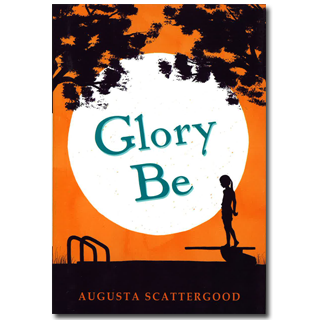In 1st grade:

Writing: Generating Ideas Charts in a 3rd grade classroom:
Writing Realistic Fiction Anchor charts in a 4th grade classroom:
Jotting in a 2nd grade classroom:
THEN SATURDAY....TCRWP SATURDAY REUNION!!!!!
When Students read book we don’t know by Alex Marron
Teachers can’t read everything our kids are reading. Instead of trying to, try to do this:
1.Read the first book in several popular series.
2.Read a variety of genres so you are familiar with HOW that genre goes and see if kids understand the way the genre goes when you conference with them.
3.Go to your strongest readers and ask them for recommendations. They know!
4.Get kids excited about the series YOU are reading by buzzing about these books. Then they will be reading books you know!
5.KNOW how books go at each level. Then see if they are doing the kind of thinking required at this level.
KNOW How Books GO at each level:
KLM books have:
•General, predictable characters
•Character that always wants something and in the end they get something
•but it might be different than what they first wanted (EX: In Those Shoes, Jeremy wants shoes but gets a friend)
•Multi-syllabic words (are they being problem-solvers of tricky words?)
•More domain specific words (can they understand these words in context?)
•Character will not change but their FEELINGS will.
•We can help these readers to identify the feeling of the character, track his feeling across the book, and state how the feeling changes
NOPQ books have:
•Characters that change and learn a lesson
•We can help them track character in beg, note changes by the end
•Multiple plot lines
•Are students aware of this? Also pay attention to what is happening both internally and externally
•Lots of figurative language
•Do they “get it”? Teach them how to attack understanding of idioms using the context
•EX: Ramona, Amber Brown
RST books have:
•Setting becomes important and is like a character
•Especially in HF and Fantasy. Do they have a sense of place? Are they reading the long descriptions and visualizing?
•Character Traits are not explicitly stated
•Characters are more than one way
•Push them by asking “And what else? Are they different in different situations?
•Underlying plot lines
•The plot may start somewhere in the storyline (not always at the very beginning) and the reader needs to suspend comprehension, hold onto what is happening and ask LOTS of questions. Soon it will all make sense.
•EX: Great Gilly Hopkins
UVW books have:
•Characters are VERY complex and nuanced
•It may not be until the very end that we understand the character because the book is more of a journey; The character has multiple traits and internal factors also influence who they are externally
•Big shifts occur in time
•flashbacks / flashforwards / structure may be diff perspectives told by chapter
•Symbolism
•Something stands for more. What does it really stand for? Are their things repeated?
•Themes
•What is it really about?
•Variety of Language structures
Knowing characteristics of bands of books can help us anticipate the hurdles are students may have. We can teach into the skills they need to read and understand the books they are reading.
General questions to ask when you don’t know the book:
1.What seems important so far?
2.What themes, issues, lessons are you noticing?
3.What have you learned about the character so far? Show me a part in the book that told you that.
NOTE: if they seem to only retell, you know they are reading for plot. So teach into the other strategies (character traits, setting, themes, symbolism
Great New Books – Suggested by Rob Ross


Two great historical fiction books set in the time of the Civil Rights Movement.
BOOKS BY JEREMY TANKARD:


NONFICTION BOOKS by Nicola Davies, Molly, Bang and Gail Gibbons:

Lucy shared highlights of the NEW Units for teaching Writing that can be purchased through Heinemann come April. The Unit sets are GRADE SPECIFIC.
NEXT Reunion Saturday - March 9th and Katherine Paterson will be the Keynote Speaker!








I was browsing other reading specialists and ran across your blog. I am a reading specialist outside of Richmond, VA!
ReplyDeleteThank you for all of the information you've included. I'm a new follower and can't wait to see what else you post!
Don't Let The Teacher Stay Up Late